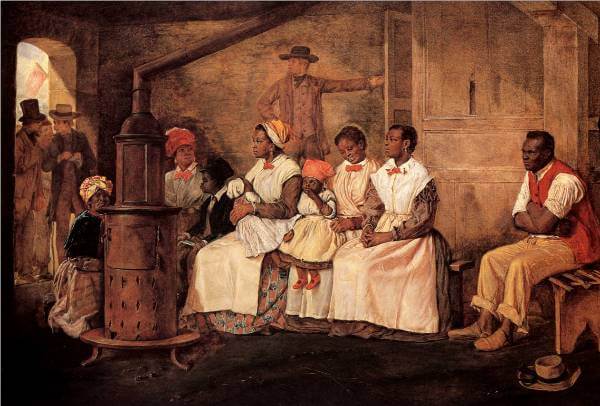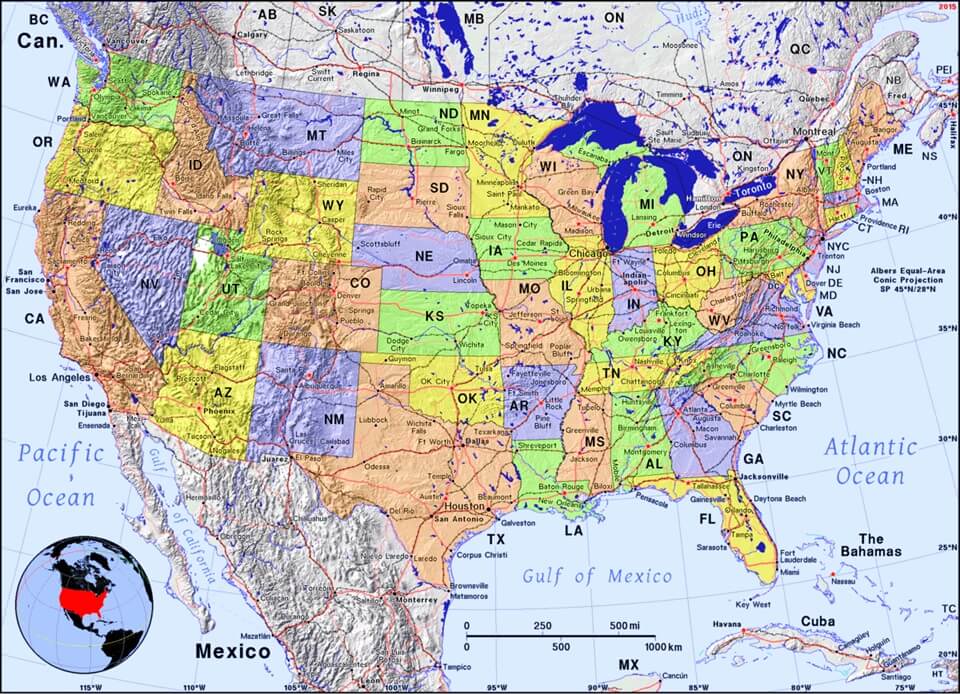 A History of the United States and its People
A History of the United States
A History of the United States and its People
A History of the United States


 A History of the United States and its People
A History of the United States
A History of the United States and its People
A History of the United States

Study the chapter for one week.
Over the week:
Activity 1: Narrate the Chapter
Activity 2: Study the Chapter Picture
Study the chapter picture, 'Slaves Waiting for Sale in Richmond, Virginia' by Eyre Crowe and describe how it relates to the story.

Activity 3: Map the Chapter
Find the regions or states mentioned in the chapter: New England, Virginia (VA), Pennsylvania (PA), Maryland (MD), New York (NY), and South Carolina (SC).

Activity 4: Play the State Capital Cities Game
Activity 5: Complete Copywork, Narration, Dictation, and Mapwork
